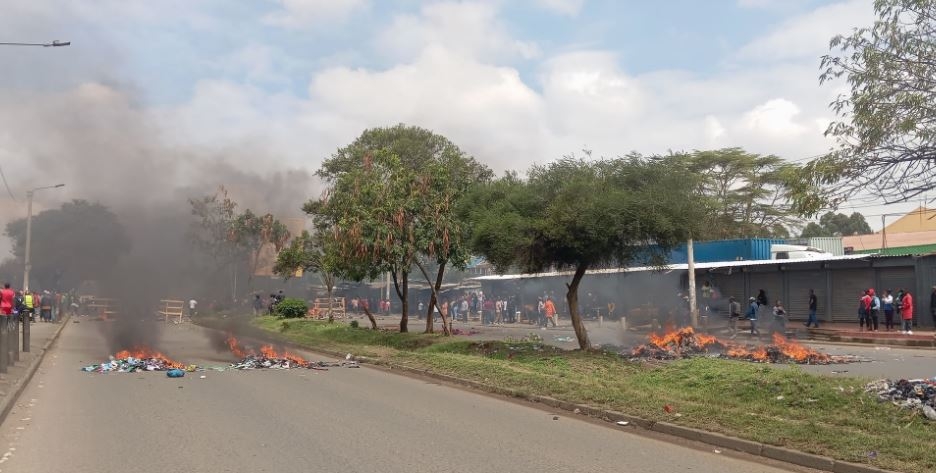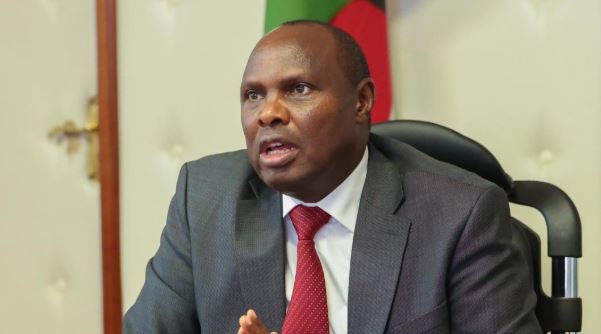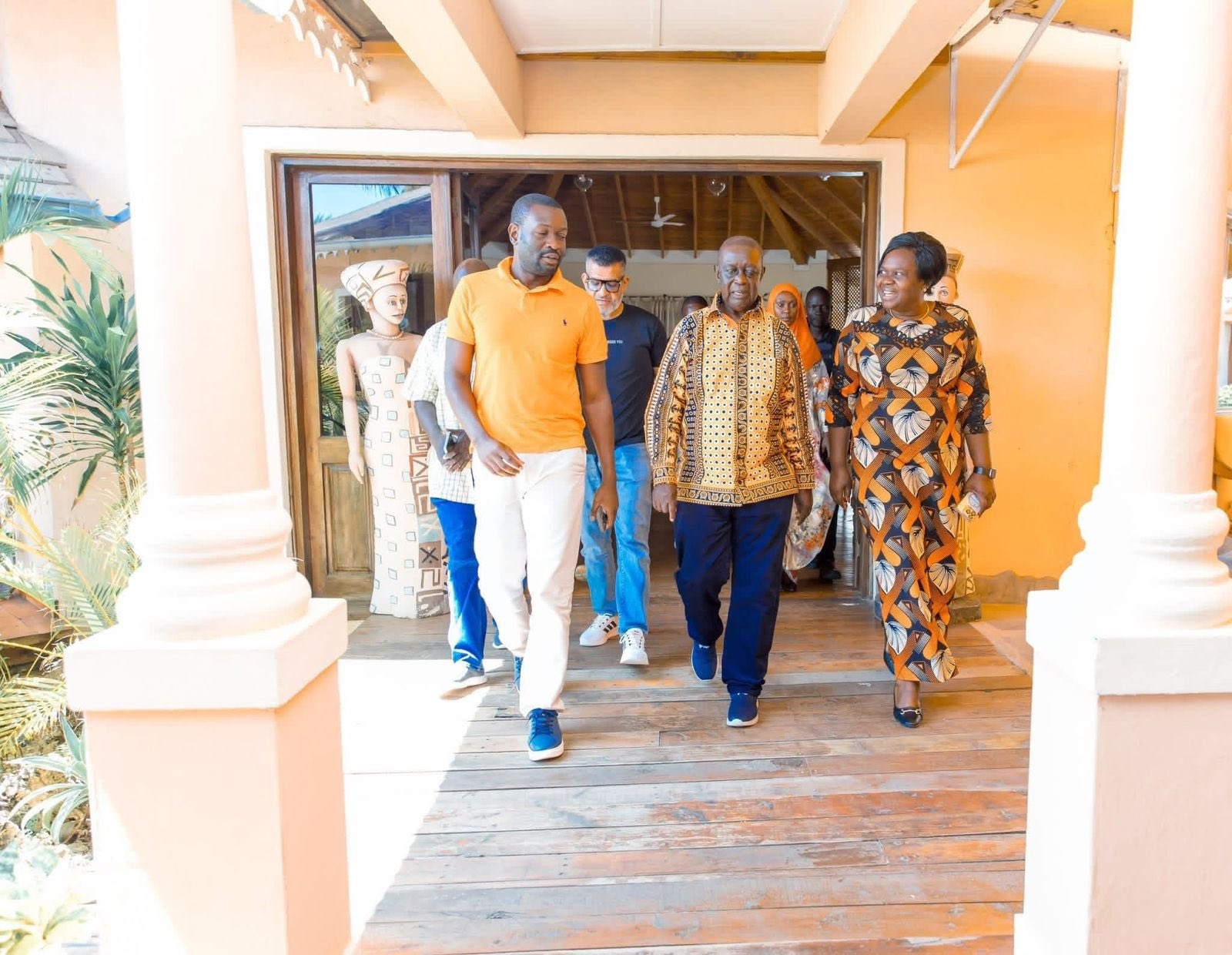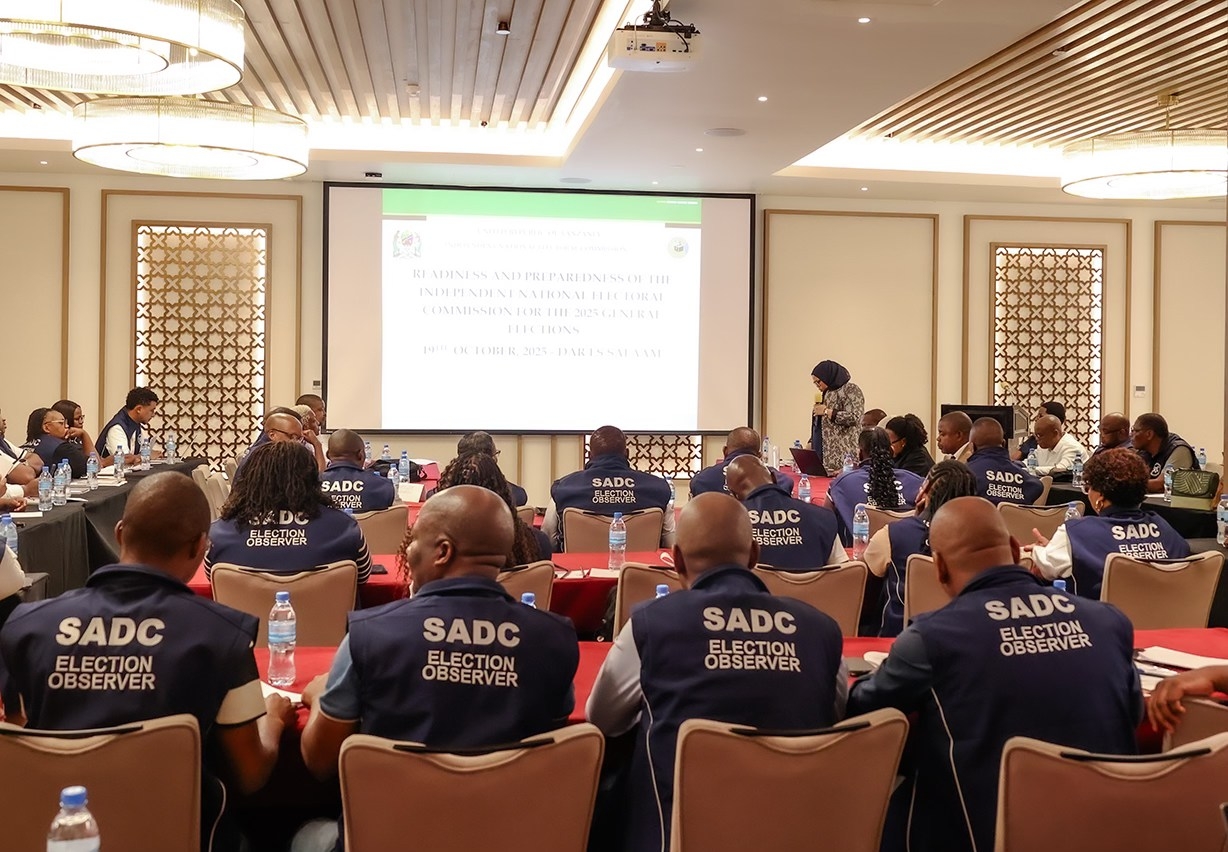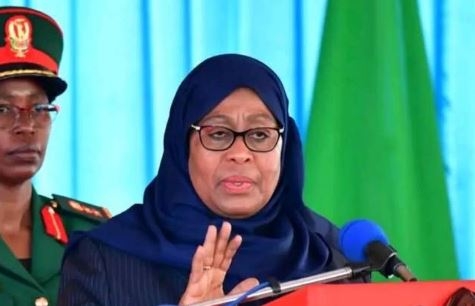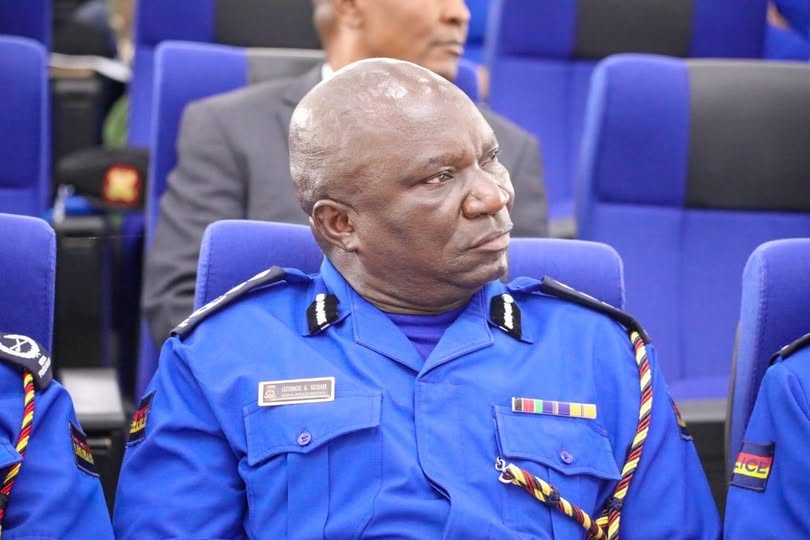Today, even as we commemorate the adoption of our Constitution, my heart aches for the countless victims of sexual and gender-based violence who are too afraid to come forward.
My heart aches more because the late Dr Margaret Ogola foresaw these struggles in her novels, and now the girls who read her work in high school face the harsh reality she warned about.
Women continue to sit together, bonded by a common fate, a common struggle, a common pain. But this must stop.
A few weeks ago, while on a working tour in one of Nairobi's informal settlements, a community health volunteer approached me.
She asked if I could help a young girl, a victim of gender-based violence, to get justice.
The girl, according to the volunteer, had been sexually abused multiple times.
I have tried to reach out to the girl, but it is proving futile. She has been separated from her family, and her whereabouts remain a mystery. This case still haunts me.
What breaks my heart the most is that after her mother separated from her biological father, she moved in with a new man who allegedly started abusing the girl.
A neighbour is also said to have taken advantage of her, and the list of those who have harmed her seems endless.
Sadly, it seems this primary school girl has become almost accustomed to this terrible violation of her rights.
To make matters worse, when this case was reported to authorities, they did not want to be involved. They dismissed it, saying, "Huyo mtoto ni muongo," meaning "That girl is a liar." Those harsh words still echo in my mind.
In another incident, a middle-aged man was raising money to allegedly gave a bribe after he was arrested. This man is known for defiling girls.
The community knows about him, but they only whisper about his deeds while he continues to prey on more victims.
Maybe some of us are unaware of how deeply rooted these violations are in our society but let me remind you of a past case involving a leader.
The story is no different from the ones I've mentioned.
The fact that this case slipped out of the justice system shows the dire state of accessing justice, and the failure of the state to hold accountable perpetrators of sexual violence in Kenya.
Thus, further emboldening future and past perpetrators as there does not seem to be a consequence for their actions.
As Kenya celebrates the 14th anniversary of the adoption of its 2010 Constitution today, let us remember the protection it offers to survivors of sexual and gender-based violence (SGBV).
This document is often hailed as being one of the most progressive in Africa and includes strong measures to protect everyone from violence and uphold their dignity and rights.
It places a duty on the state to uphold and protect human rights, and where such are violated places an obligation to respond, hold to account and redress the wrong.
Article 28 guarantees that everyone’s dignity is respected, while Article 29 protects people from all forms of violence. For SGBV survivors, these are not just words, they are a constitutional guarantee, a promise and a reminder that their dignity is important, and any act that violates this is not just a personal crime but a constitutional and certainly a broader social one.
However, many survivors and communities are unaware of these rights, and so they are infringed, and often without redress. But awareness alone is not enough.
To make the protections in our Constitution real, we must strengthen and promote referral systems that connect survivors to the services they need including legal aid, medical care, counseling, and safe shelters.
These systems ensure that survivors can access the right support at the right time, helping them navigate the often-overwhelming process of seeking justice and healing.
We must also ensure that the harm caused by such violence is addressed and repaired.
This is key to ensuring that justice is served.
It is important to investigate and prosecute reports of SGBV, and beyond that, it is even more important to rehabilitate and compensate where relevant survivors of sexual violence. Reparations are not only symbolic, but they are also imperative and must be accessible.
On this Katiba Day, let it be known that the Constitution is more than just words on paper, it is a promise that no Kenyan should face violence without the protection of the law.
In the spirit of the African principle of ubuntu, “A person is a person through others,” We are all in this together! We must work together to prevent and respond to SGBV.
Yvonne Oyieke is the executive director, Utu Wetu Trust



